The Olympic Games have long stood as a symbol of unity, competition, and the celebration of human potential, but their legacy has also been marked by periods where these ideals were deeply manipulated for ideological purposes.
When examining the history of the Olympics, the era of National Socialism in Germany stands out as a sobering example of how sport—and particularly the Olympics—can be transformed into a powerful tool for propaganda and exclusion.
The Nazis' Approach to Sport and the Olympics
For the Nazis, sport was far more than just recreation or competition; it was an essential component of their ideology. Rather than referring to "sport," they emphasized "physical education," aligning athleticism with their broader goals of shaping the population according to their vision of strength, discipline, and Aryan supremacy.
Key Aspects of Nazi Sports Policy:
Physical Fitness as Ideological Duty: The regime promoted rigorous physical training, viewing it as necessary preparation for both military service and the creation of an idealized national body.
Propaganda Through International Events: Hosting the Olympic Games, especially the 1936 Berlin Olympics, gave the Nazis a global platform to project a sanitized and grandiose image of their regime, masking underlying policies of discrimination and violence.
Exclusion and Discrimination: Sporting opportunities were strictly segregated. Jews and other groups targeted by Nazi policies were systematically excluded from clubs, competitions, and even basic facilities. Many Jewish athletes faced persecution, while others were barred from participating altogether.
The 1936 Berlin Olympics: A Propaganda Showcase
Perhaps the most infamous example of sports being used for ideological purposes was the 1936 Berlin Olympics. This event was meticulously orchestrated to showcase Nazi Germany as peaceful, progressive, and powerful.
Staging and Spectacle: The Games featured elaborate ceremonies and cutting-edge technology (like televised broadcasts), emphasizing German efficiency and grandeur.
Suppression of Dissent: Anti-Semitic signs were temporarily removed from public view in Berlin, and overt discrimination was briefly hidden from international visitors.
Selective Inclusion: Some athletes of Jewish descent were permitted to participate under pressure from abroad, but for the most part, non-Aryans were sidelined or erased from the sporting narrative.
Lasting Impacts on Olympic Ideals
The manipulation of the Olympics by the Nazis stands as a crucial reminder that even events dedicated to international cooperation and athletic excellence can be co-opted for darker purposes. It also underscores the importance of vigilance in defending the core values of inclusivity, fairness, and peace that underpin the Olympic movement.
Lessons for Today:
1. Guarding Against Propaganda: Sporting events must remain alert to attempts at exploitation by political regimes.
2. Championing Inclusion: The exclusion suffered by Jewish athletes in Nazi Germany reinforces why diversity and equality are non-negotiable Olympic principles.
3. Remembering History: The past informs our present—by remembering how sport was weaponized, we safeguard its spirit for future generations.
For a more detailed exploration of this subject, see this article.
In reflecting on these chapters in Olympic history, we honor not just athletic achievement but also the ongoing quest to ensure that the Games remain a beacon of hope and unity for all. Let us strive to keep the Olympic flame burning bright with the true spirit of inclusivity and peace.
Safeguarding the Spirit of the Olympics
Until next time—may we all play fair, dream big, and stand together on the world's greatest sporting stage.


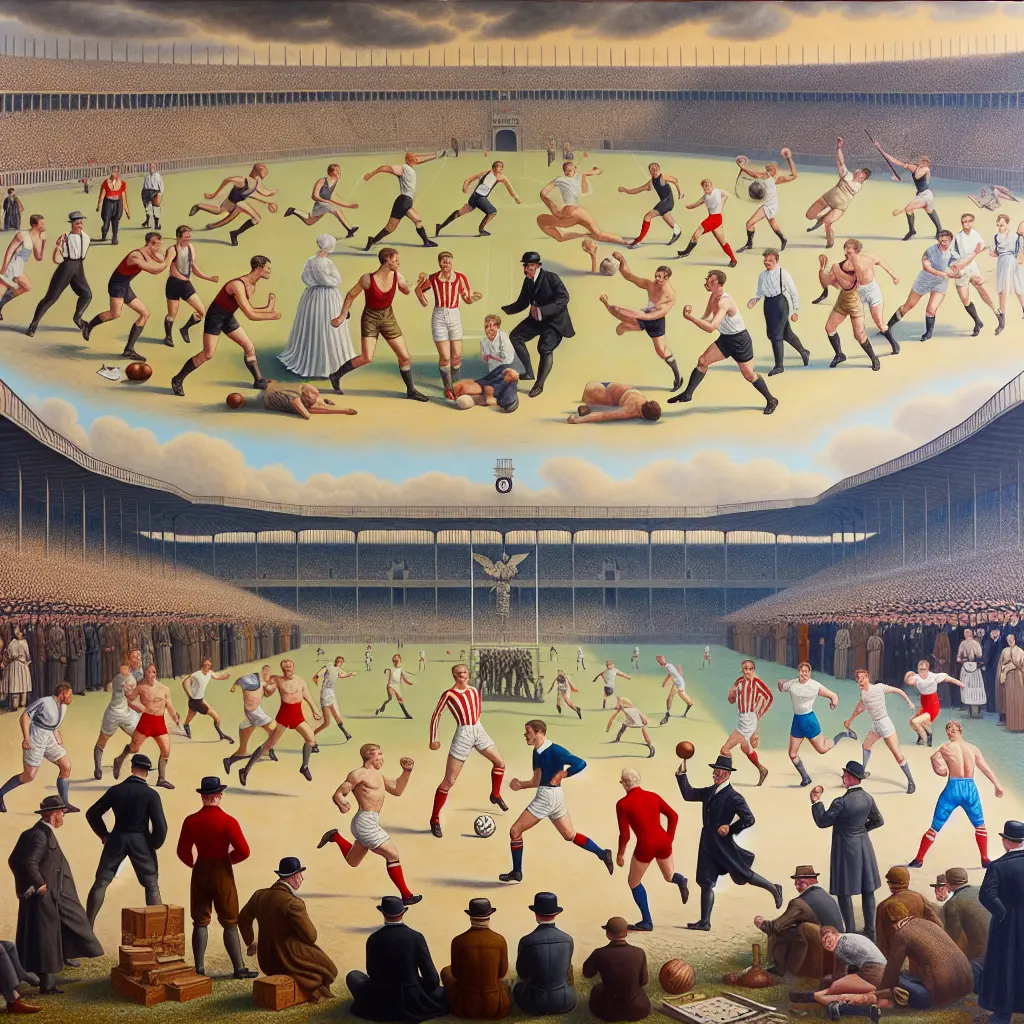

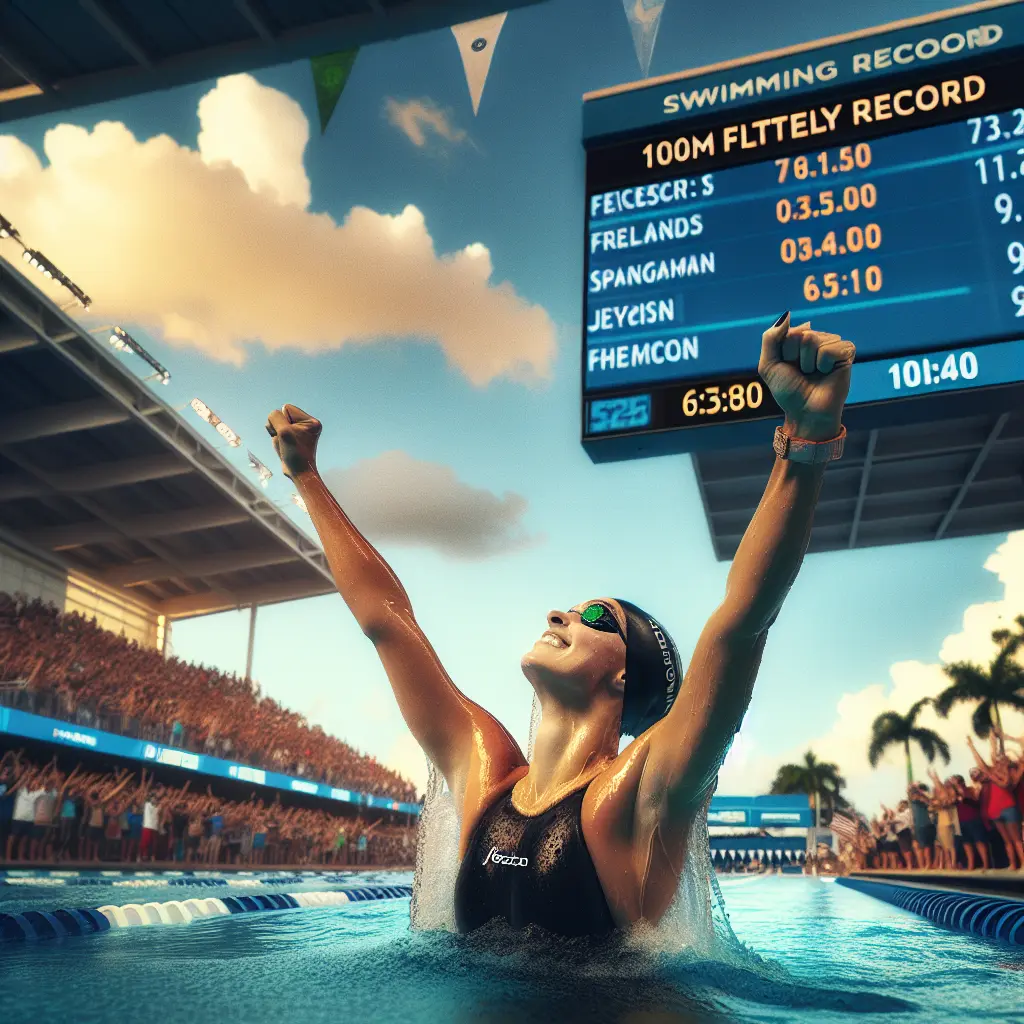
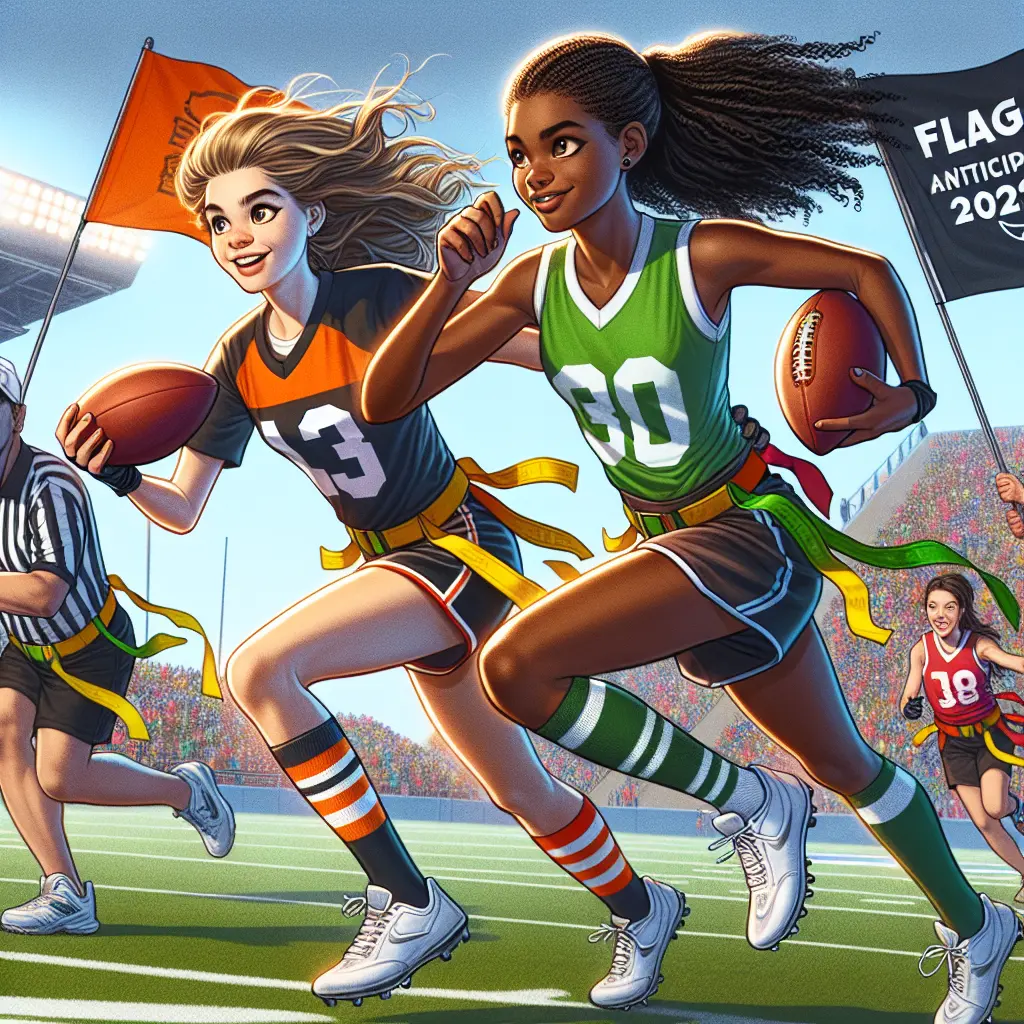
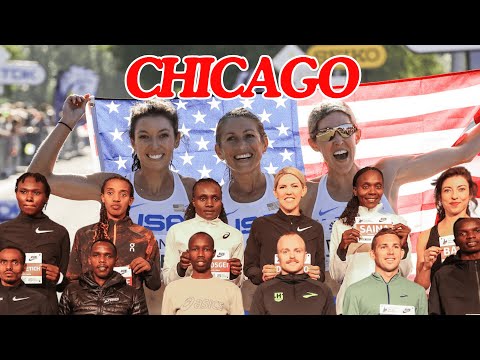
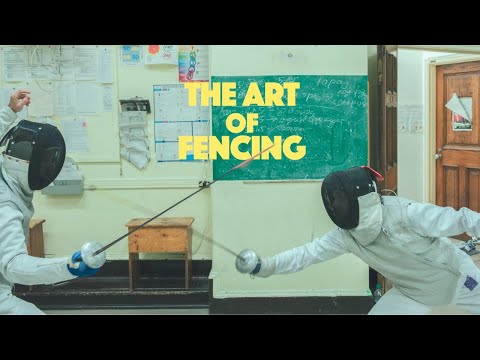
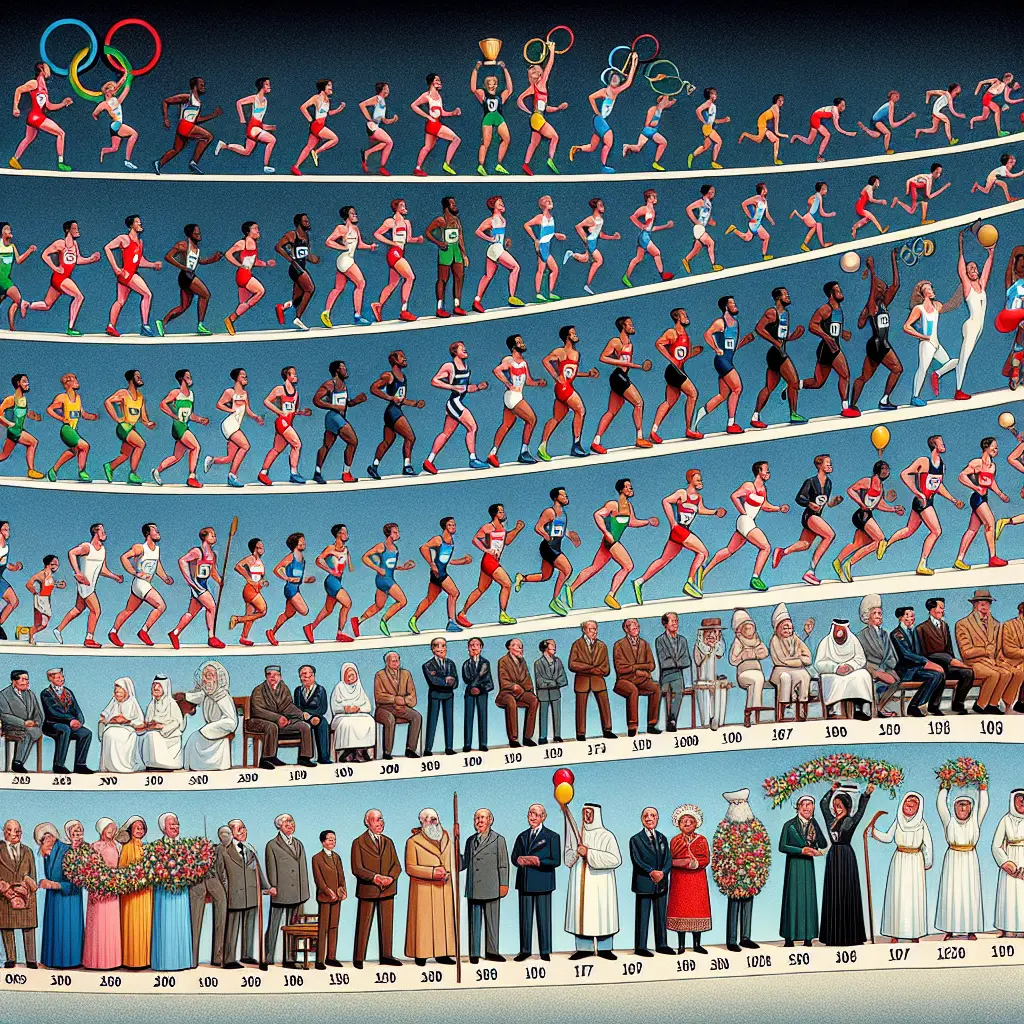
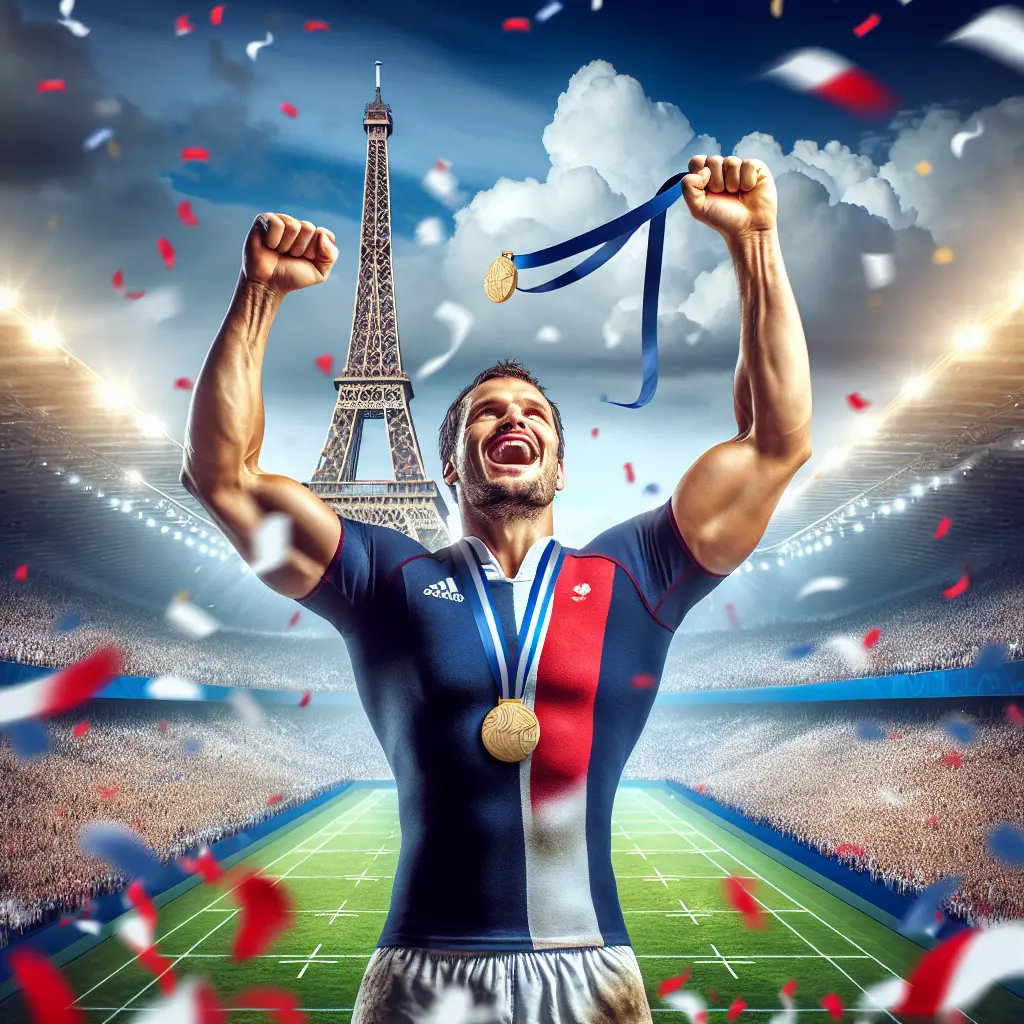
Leave a Comment